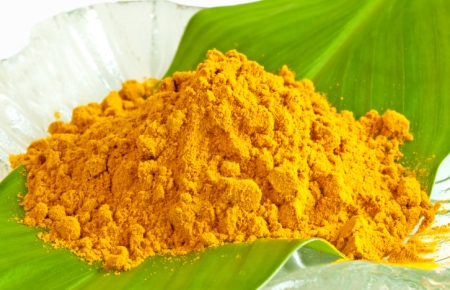Winter brings the cold and snow. This can be stressful for us on many levels. We may notice an increase in things like dryness, body pains, lethargy, coughs, flues and even depression.
Have you noticed that in the winter your body craves more food? This is natural since the body is trying to nourish itself against these stresses. We can also be less physically active. Combining too much food with less physical activity is a recipe for poor health and weight gain.
Check out the following 23 ways we can remedy the cold and dryness of winter to maintain good health and avoid weight gain.
23 Hot Winter Health Tips
1. Drink 6 – 10 cups of warming liquids such as hot water and herbal teas to prevent dehydration.
2. Eat freshly prepared warm food to enhance circulation and increase warmth in your body.

3. Keep warm, wear warm natural fiber clothes (soft wool is excellent if you are not allergic to it).
4. Increase your fiber intake to keep bowels clean.
5. Add these strengthening warming vegetables to your meals: Avocados, Beets, Brussels Sprouts, Carrots, Pumpkins, Winter Squash, Sweet Potatoes, Cabbage, Onions, and Mung Beans.

6. Get enough sleep. We need 7-8 hours of sleep per night. When we are not getting enough sleep, our body becomes vulnerable to illness. It is fuel!
7. Eat bitter greens like radicchio, arugula, endive, and cabbage for balancing in this season.
8. Avoid tomatoes, cucumbers and leafy lettuce (these are cooling summer foods).
9. Give yourself a daily sesame oil massage to moisten the skin in this dry season and to calm the nervous system. It is rich in fatty acids to help repair dry skin making it soft and smooth.
1o. Every day go for a 20 to 60 minute walk out in the fresh air even when it is cold to connect with the earth and air.
11. Drink warming herbal teas with spices like ginger, cinnamon and cardamom tea.
12. Avoid refined sugar which weakens the immune system.
13. Use healthy sweeteners (in limited quantities) like Manuka Honey which will strengthen the immune system, Molasses full of iron and other minerals and coconut sugar with its low glycemic index.

14. Read books, listen to music, meditate or whatever is restful for you. Good rest is vital to balance.
15. Eat nuts and seeds (in limited quantities) like Almonds, Cashews, Brazil Nuts, Walnuts, Hazelnuts, Flax Seeds and Sesame seeds will provide necessary vitamins, natural oils and provide required nutrients to keep the body warm.
16. Use spices like Fennel, Cumin, Coriander, Ginger, Anise, Cinnamon, Black pepper, Turmeric, Mustard seeds and Cardamom to help the digestion and help eliminate gas.

18. Get some direct sunlight as much as possible. There is less sun in winter but your body craves it.
19. Cut out mucous forming foods like Dairy, Eggs and Wheat especially if you are prone to colds and flues.
20. Eat gluten-free grains like Quinoa, Barley, Buckwheat, and Millet; they are full of nutrients and not clogging to a sensitive winter digestive system.
21. Eliminate refined oils and include healthy fats that are cold-pressed (Almond Oil, Coconut Oil, Olive Oil, Sesame Oil, and Ghee).
22. Eat fruits rich in Vitamin C like Oranges, Lemons, and Tangerines which will help flush out toxins from the body.
23. Have a warm bath or foot bath with Epsom salts daily (not too hot or too long as this can deplete energy).
Seasonal Eating and Activities Are Important For Every Season:
All four seasons have their own benefits and stresses. That is why I teach different 2-5-30 Healthy Diets for the different seasons.
In the Winter 2-5-30 Healthy Diet Course all of the above food tips and many of the activity tips are carefully explained and integrated into one’s life in a full month long program. The Winter Course is designed to strengthen and balance the body and keep the weight off.


THANK’S MEDUM